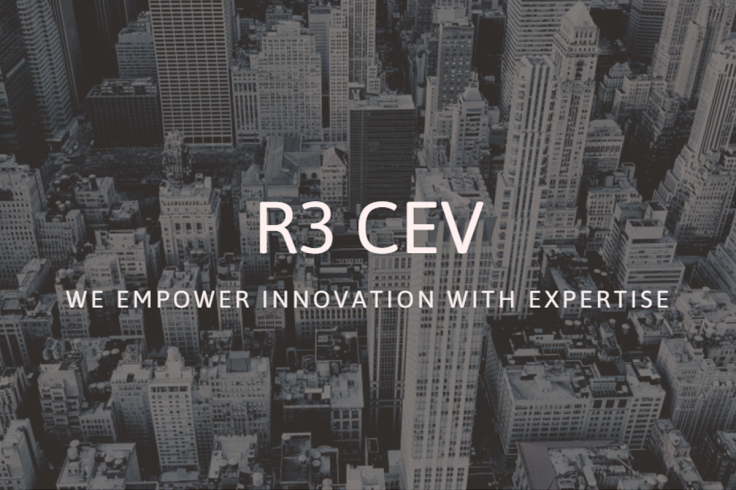R3 and Synechron collaborate on phase 2 of corporate KYC
The LEIA 2 project includes 12 banks and follows on from the KYC work already carried out by R3 with its members.

Financial services consulting firm Synechron is collaborating with R3, the distributed ledger technology consortium, on next phase of its corporate KYC system.
The project, known as LEIA 2, includes 12 banks and follows on from the KYC work already carried out by R3 with its members.
Doing corporate KYC checks is a notoriously expensive and repetitive business. The actual costs can be quite hard to quantify due to a lack of standardisation across different banks, jurisdictions and client risk types.
Tim Coates, a managing consultant at Synechron said: "The problem size defined by one of our consortium banks was calculated at $18bn globally, with a per individual corporate entity cost of $10-30k for higher risk types.
"The most significant problem resides within large multinational corporations with multiple legal entities, each having multiple banking partners. This leads to massive duplication of KYC effort across banks, and also for the corporates themselves. The goal is to solve this with technology, rather than create sharing business models that have been known to fail compliance requirements."
Corda, very sensibly, only shares data with those who need to see it, rather than broadcasting encrypted data to a range of participants on a blockchain, adding layers of privacy to the process.
Coates added: "Corda's point-to-point transactions between nodes, combined with transaction tear-offs to hide data from oracles and other related entities, solves privacy in the cleanest way possible. I expect this will help overcome data protection and security regulatory hurdles in the nearer term."
A press statement from Synechron said that as well as fitting within the existing framework of in-house and external data providers, it was looking at ways to build towards a more disruptive vision for bank processes and the customer experience.
Coates said the concept of self-sovereignty in the financial system pioneered by Bitcoin via public keys can be applied to KYC and identity. This presents an opportunity to address longstanding challenges around an individual's right to access, control and distribute the data held about them by entities they interact and transact with.
"Blockchain's application to KYC returns the power to individuals by allowing them to use their own private keys to distribute a live set of data held about them," he said.
"That might be with their bank, university, retailers, etc. New regulations like the EU's General Data Protection Regulation (GDPR) make this a requirement, not a wish list."
In the face of incipient disruption, banks should be closely engaging to quickly adapt their business models accordingly, he added.
The latest phase of the R3 KYC project kicked off in July with a three-month sprint to identify objectives and business requirements, define a roadmap, and develop a functional prototype on top of the Corda platform. At the end of the project, Synechron will demo the solution in its Financial Innovation Labs.
© Copyright IBTimes 2025. All rights reserved.






















